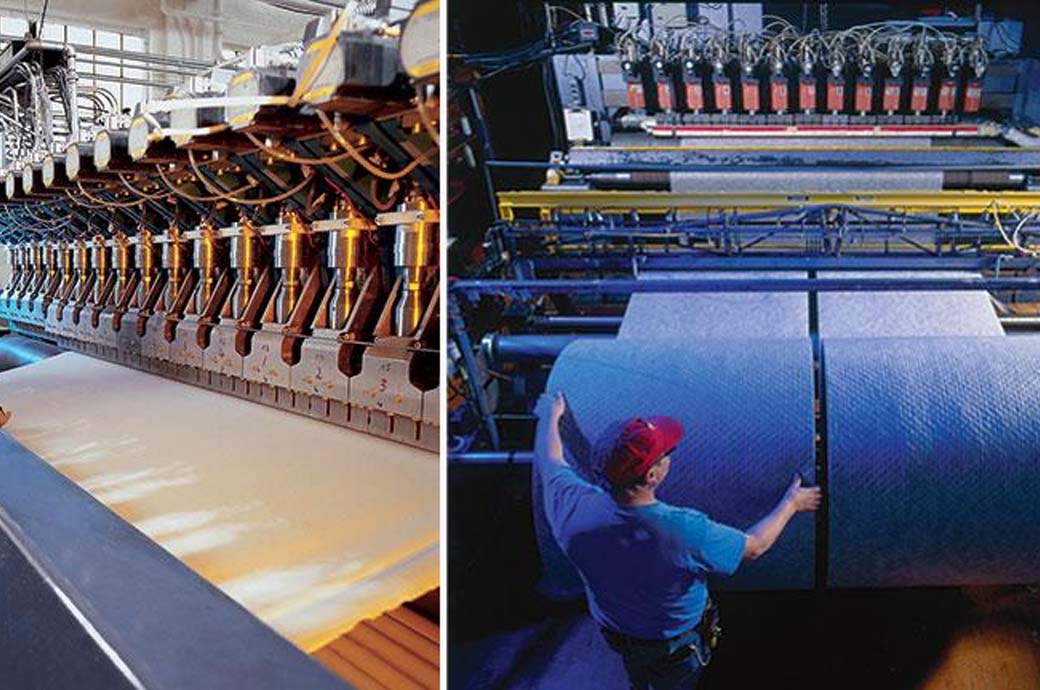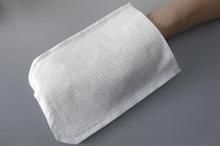
“This special pattern provides a bonded area close to 10 per cent of the full laminate web”, said Ray Piascik, vice president of marketing and sales for Beckmann Converting. “It also has an interesting and appealing appearance, which our customers tell us is important when the material surfaces are visible to end users and consumers."
Two examples of products that could benefit from the CC roll pattern are wipers and car covers. Composite materials in applications such as these typically have 2 to 4 layers of the same, or different, textiles. The higher bonded area, which can be problematic in other applications such as filtration, is a plus in the final performance of these products. The materials involved tend to be lighter in weight and not excessively lofty. Due to the physical characteristics of this ultrasonic anvil roll, the CC roll pattern is not suitable for heavy composites or for very lofty materials, the company said in a press release.
Fibre2Fashion News Desk (RR)

